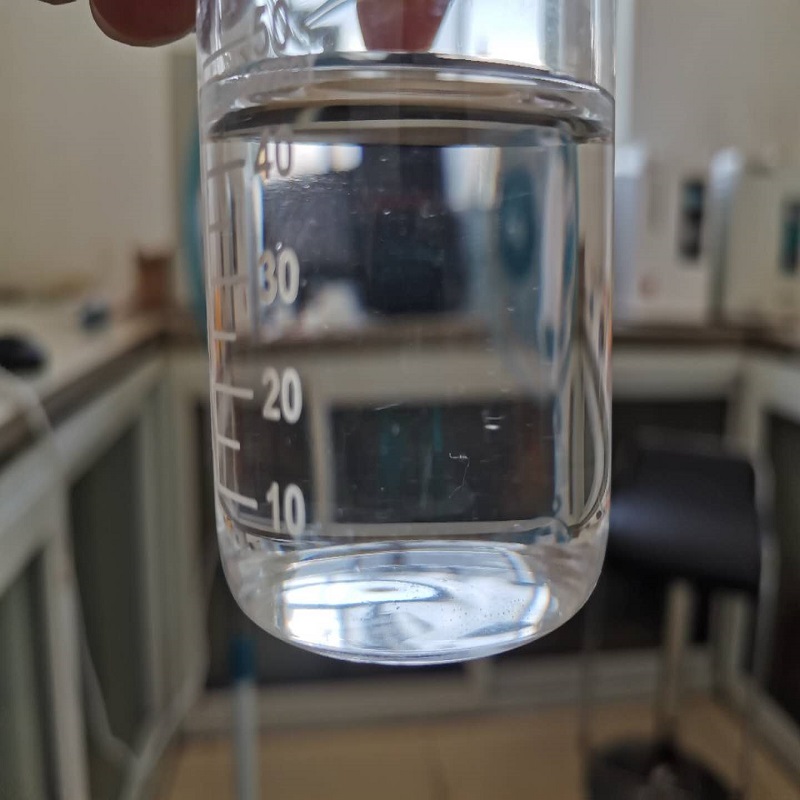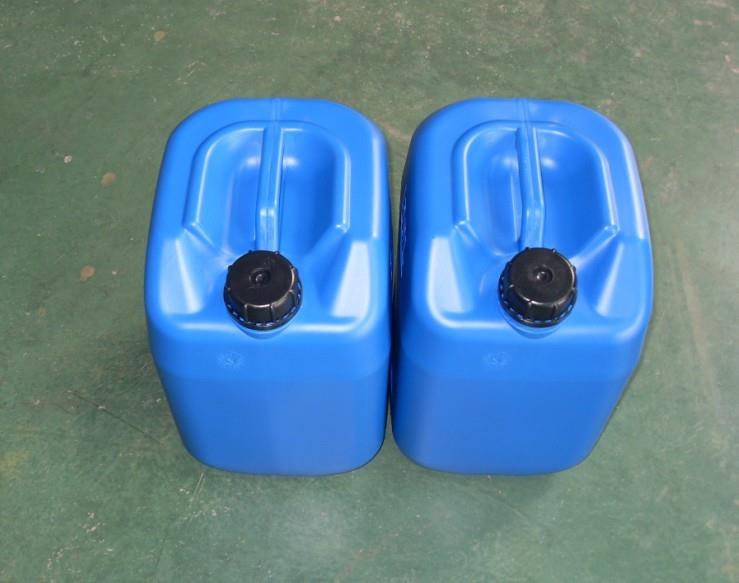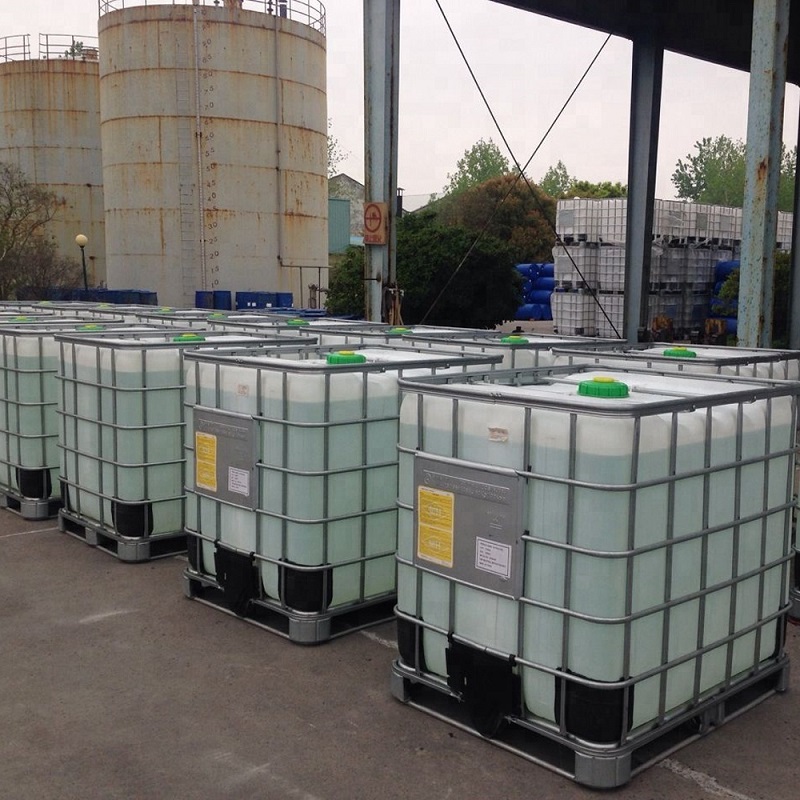Intestinal nutrition, large intestine is important too — Tributyrin
Raising cattle means raising rumen, raising fish means raising ponds, and raising pigs means raising intestines. “Nutritionists think so. Since intestinal health has been valued, people began to regulate intestinal health through some nutritional and technological means. However, almost all focus on the health and nutrition of the small intestine, and the large intestine has been neglected.
In fact, whether the function of large intestine is normal directly affects the occurrence and degree of diarrhea. Many diseases of human beings are also caused by damage to the large intestine, such as ulcerative bowel disease, fatty diarrhea, diabetes, Krohn S’s disease, colitis, colon cancer, food allergy and so on. Therefore, whether raising pigs or people’s health, we should pay enough attention to the large intestine.
Take the colon as an example. Although the colon is not the main place for digestion and absorption, it is the most problematic part of the digestive tract. Colon is the main place for bacterial fermentation, and the number of microorganisms in colon is at least 100000 times that in small intestine; The retention time of intestinal contents in the colon is 5-20 times that of the small intestine. The toxic substances produced by bacterial fermentation damage the colon for a long time, affect its normal physiological function and produce colon diseases. In addition, because the colon barrier function is damaged, toxins and bacteria are displaced into the blood, resulting in sepsis and liver damage. Studies have found that butyric acid produced by bacterial fermentation of dietary fiber is very important for colon health, and the lack of endogenous butyric acid is often the cause of many colon diseases. Therefore, exogenous butyric acid supplementation is an important treatment in the clinical treatment of colon diseases (such as diarrhea, inflammatory bowel disease, ulcerative colitis, colon cancer, etc.). As the most valuable butyric acid supplement, tributyrin has been more and more studied and applied.
Compared with humans, livestock and poultry are more likely to have colon problems. However, because the field of animal nutrition pays more attention to the digestion and absorption efficiency of animal feed, we pay more attention to the small intestine health of animals. The intestinal health is almost defaulted to small intestine health, and the colon health is ignored. In fact, many health problems of livestock and poultry are closely related to colon, such as diarrhea and constipation. Regulating colon health is of great significance to improve animal production performance.
The current feed quality, while paying attention to the digestion and absorption of small intestine, often ignores the impact of large intestine health on the production performance of cultured animals. Most intestinal health-related products often focus on the small intestine. How to regulate the whole intestine is also a problem that functional additives need to think about.
Advantages and characteristics of triglyceride in feed:
1、 Advantages of triglyceride in feed
(1) No odor and moisture absorption;
(2) Passing through the stomach: the digestion of triglyceride requires lipase, and there is no lipase in the stomach, so it passes through the stomach naturally;
(3) To the whole intestine: butyric acid is released not only in the intestine, but also in butyric acid products. 1kg can release 400g butyric acid in the whole intestine.
2、 Main characteristics of triglyceride:
(1) More stable: tributyrin is more stable in vitro because it has no exposed hydroxyl groups; More than 1.5 times more butyric acid than glycerol MONOBUTYRATE was released in the body.
(2) More effective: pancreatic lipase has priority and highest specific activity for the decomposition of triglyceride.
(3) Safer: Tributyrin Single component, basically no butyric acid residue, no glycerol and catalyst (generally strong acid) residue, so it does not absorb moisture and is safer for animals.


